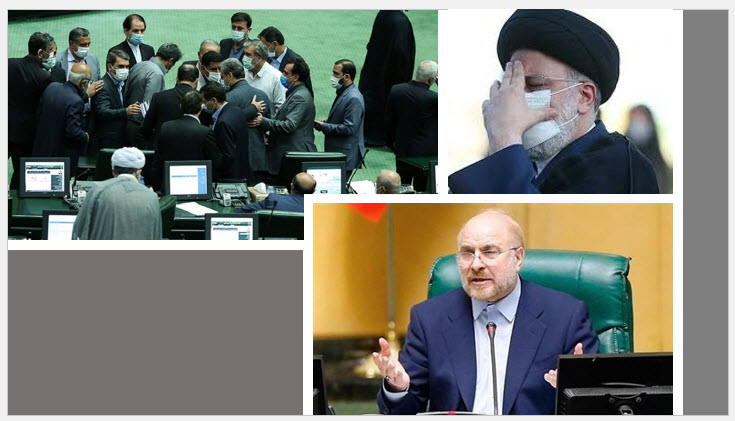
This move followed allegations that hackers accessed and auctioned off 115 million data records, compromising the private information of many.
On the surface, the appointment of Ali Ostad-Hashemi, the former Deputy Inspector-General of CIC, seemed a fitting response to this significant security breach. However, various facts and allegations make this transition appear less straightforward than initially assumed.
Recent leaks to Iranian state-affiliated media insinuate that the cyberattack may have been a premeditated scheme to unseat Behzadpour and install Ostad-Hashemi as his replacement. Tejarat news, a state-run news agency, on September 5, reported, “The dismissal of the CIC Chief following rumors of a data breach is being questioned.” This statement indirectly suggests that the hack might not be the only reason behind the leadership reshuffle.
Several anomalies raise suspicions. The delay of nearly three weeks between the hacking report and the official announcement from CIC is perplexing. Despite the organization’s claims that their data remained uncompromised, the reasons for Behzadpour’s removal remain opaque.
Private #insurance companies continue removing essential #medicines from coverage plans. These insurance companies are affiliated with the #IRGCterrorists or Institutions under Supreme Leader Ali Khamenei’s control.https://t.co/lEUkmJim2z
— NCRI-FAC (@iran_policy) April 29, 2023
Significantly, Ali Ostad-Hashemi, known for his close ties to Ebrahim Raisi’s Minister of Economy, Ehsan Khandouzi, doesn’t hold any background in insurance supervision. Previously flagged by the State Audit Court for “illegal” dual employment, Ostad-Hashemi’s unexpected ascent to the CIC’s top position after the hacking scandal has led many to question the motives behind his appointment.
Further complicating matters is the alleged involvement of a company named “Information Technology Experts” in addressing the hack. This company hasn’t received approval from the Central Bank of Iran. Deputy Head of Central Insurance, Majid Mashalchi Firouzabadi, even stated that the stolen data cannot be misused, suggesting that the hack may have been a ruse to facilitate Ostad-Hashemi’s promotion.

These events hint at a larger narrative. Observers have noted a broader pattern in Iran, where positions of influence, from government offices to academia, are increasingly filled by regime loyalists, often lacking the qualifications for their roles. This recent development in the CIC, along with the nature of the supposed hacking incident, has left many wondering if this change foreshadows a major shift in Iran’s insurance policies – a shift that might see the public bearing the brunt of government financial shortfalls.

MEK Iran (follow us on Twitter and Facebook), Maryam Rajavi’s on her site, Twitter & Facebook, NCRI (Twitter & Facebook), and People’s Mojahedin Organization of Iran – MEK IRAN – YouTu







